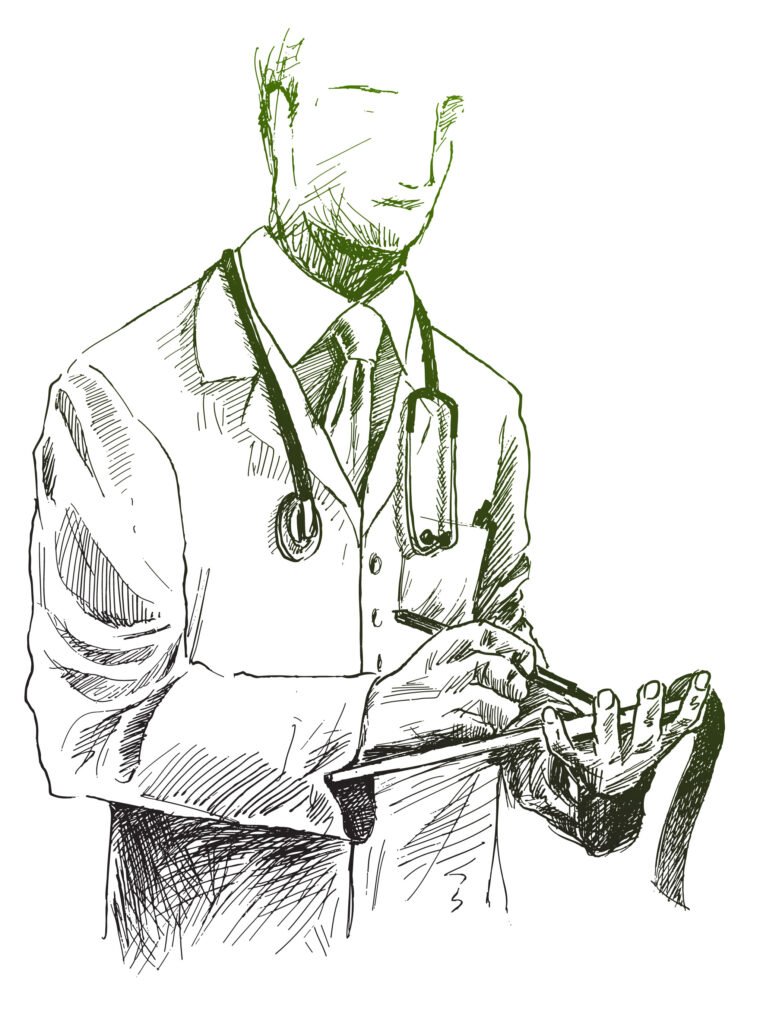General Nephrology
March 7, 2023 2023-03-09 10:02General Nephrology
General Nephrology
General nephrology is a branch of medicine that focuses on the diagnosis and treatment of kidney diseases, disorders, and conditions. It involves the management and treatment of a range of kidney-related problems. General nephrology aims to promote and maintain kidney health by identifying and managing risk factors, as well as treating kidney-related illnesses.
Who Should Test for General Nephrology?
Individuals who have kidney-related symptoms, such as changes in urination, swelling in the feet and ankles, and high blood pressure, should seek testing.
Those with underlying health conditions like hypertension, diabetes, or family history of kidney disease may also benefit from testing.
Early detection and treatment of kidney disease can prevent further damage and improve outcomes.


Symptoms of General Nephrology?
Symptoms of kidney disease can include fatigue, loss of appetite, increased thirst, difficulty concentrating, and changes in urination patterns.
Additional symptoms may include swelling in the feet and ankles, blood in the urine, and high blood pressure.
It's important to seek medical attention if you experience any of these symptoms to determine the underlying cause and receive proper treatment.
Dos and Don'ts For General Nephrology
Dos
Manage underlying health conditions like hypertension and diabetes to reduce the risk of developing kidney disease.
Maintain a healthy diet and lifestyle by eating a balanced diet, getting regular exercise, and staying hydrated.
Follow your doctor's instructions and treatment plan to manage and treat kidney-related problems.
Don'ts
Avoid smoking or using tobacco products as they can worsen kidney function.
Limit alcohol and caffeine intake as excessive consumption can damage the kidneys.
Don't take over-the-counter pain medications or supplements without consulting your doctor, as they can damage the kidneys in some cases.

If you experience any symptoms related to kidney disease or have underlying health conditions that put you at risk, talk to your doctor about testing for general nephrology. Early detection and treatment can prevent further damage and improve outcomes.

